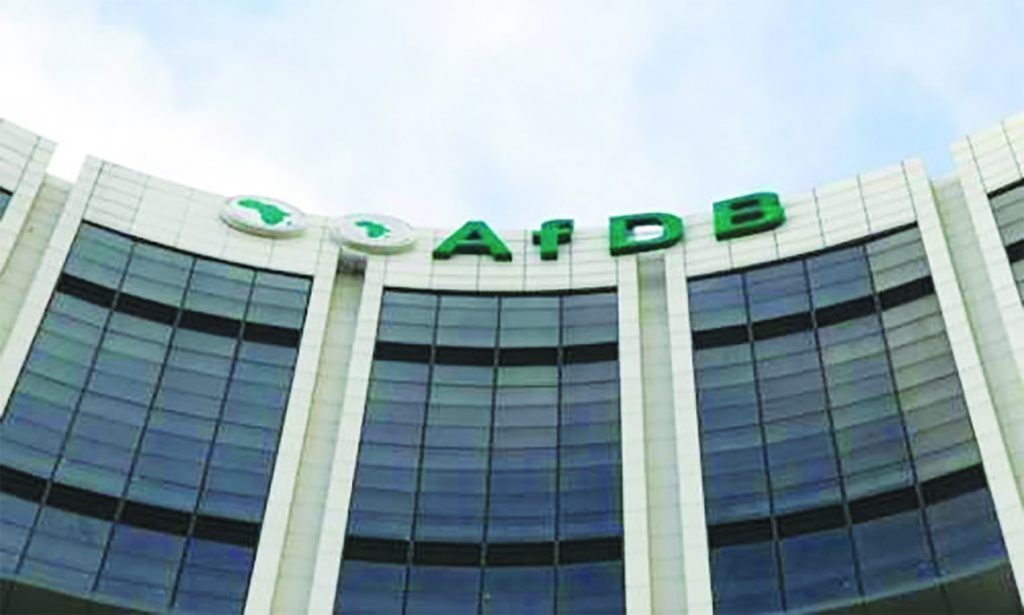The Maritime Organisation of West and Central Africa (MOWCA) and the African Development Bank (AfDB) are embarking on a significant initiative to bolster maritime trade within the Gulf of Guinea, aiming to establish it as a prominent alternative to the increasingly volatile Red Sea route. The Red Sea, plagued by escalating armed conflicts and security threats, has witnessed disruptions to global shipping, prompting the need for alternative and secure maritime corridors. MOWCA’s strategy involves diverting vessels away from the Red Sea and directing them towards the Gulf of Guinea, capitalizing on its strategic location and potential for enhanced trade activities within West and Central Africa. This initiative seeks to not only mitigate the risks associated with the Red Sea route but also to unlock the immense economic potential of the Gulf of Guinea.
Central to this plan is the collaborative effort between MOWCA and the AfDB to develop and enhance dry dock infrastructure across West and Central Africa. This strategic investment in dry docks aims to facilitate ship maintenance and repair within the region, reducing reliance on distant facilities and fostering self-sufficiency in maritime operations. The development of dry docks is crucial for supporting the anticipated increase in vessel traffic within the Gulf of Guinea and strengthening the region’s overall maritime capacity. This infrastructure development is also expected to contribute to job creation, economic growth, and improved logistics connectivity between seaports and inland areas.
MOWCA’s commitment to enhancing maritime safety and security within the Gulf of Guinea is paramount. The organization is actively engaging with governments and multinational corporations operating within the West and Central African maritime domain to address piracy and other threats to maritime operations. This collaborative approach aims to create a secure environment for shipping activities, ensuring the safety of crew members, cargo, and vessels, thereby fostering investor confidence and promoting increased trade flows within the region. The partnership with the AfDB underscores the commitment to strengthening the blue economy across Africa, leveraging maritime resources for sustainable economic development.
Beyond promoting the Gulf of Guinea as a primary trade corridor, MOWCA is also focusing on improving inland waterways navigation and ferry services. Recognizing the importance of interconnected transport networks, MOWCA advocates for enhanced inland waterways infrastructure and the implementation of robust safety protocols for ferry operations. This focus on inland waterways aims to facilitate seamless movement of goods and people, connecting coastal areas with the hinterlands, and further integrating regional trade networks. Furthermore, MOWCA is emphasizing the need for stronger regulations and stricter enforcement of safety standards, particularly in Nigeria and the Democratic Republic of Congo, to ensure the safety and efficiency of inland waterways transport.
MOWCA’s Secretary-General, Dr. Paul Adalikwu, has been instrumental in spearheading these initiatives, advocating for enhanced cooperation among member states and emphasizing the importance of leveraging Africa’s maritime resources. He highlights the organization’s commitment to safe and cost-effective shipping within the region and underscores the strategic importance of positioning the Gulf of Guinea as a viable alternative trade route. Adalikwu’s vision for MOWCA extends beyond promoting maritime trade to encompass a holistic approach to maritime development, integrating infrastructure development, safety enhancements, and capacity building.
The Congolese Minister of Transport, Civil Aviation and Merchant Marine, Ingrid Olga Ebouka-Babakas, expressed strong support for MOWCA’s initiatives, commending Dr. Adalikwu’s dedication to promoting maritime development within Africa. She pledged Congo’s commitment to collaborating with MOWCA in achieving its strategic objectives, emphasizing the long-term vision of the organization’s founding fathers. This collaboration between MOWCA and its member states is essential for realizing the full potential of the Gulf of Guinea as a major maritime hub and driving sustainable economic growth in the region. The joint efforts of MOWCA and the AfDB, coupled with the support of member states, are poised to transform the maritime landscape of West and Central Africa, unlocking new opportunities for trade, investment, and development.


